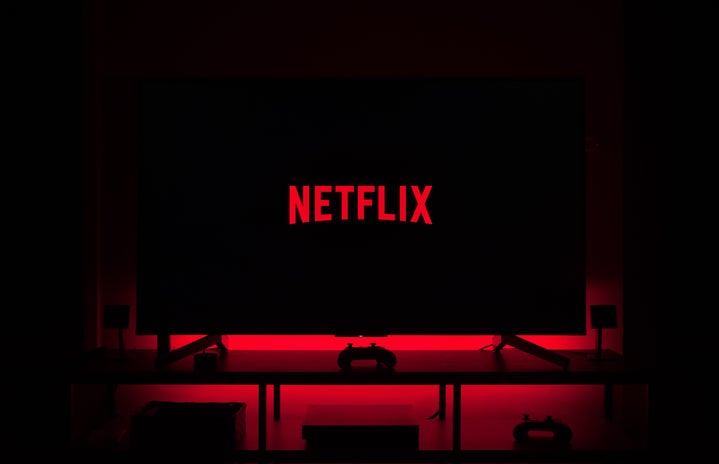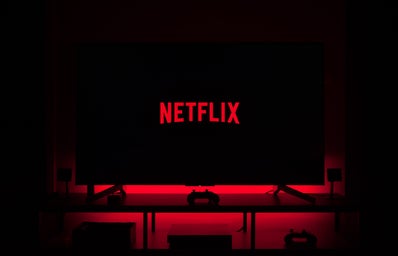“Monsters: The Case of Menendez Brothers”, from Ryan Murphy, the same creator and producer of “Monster: The Jeffrey Dahmer Story”, debuted on Netflix on September 19 and has since risen to the top of the streaming chart with over 10 million views. With the quick success of the series, the murder of José and Kitty Menendez was highlighted in the media thirty-five years after the incident.
Internet users began to debate the case of the Menendez brothers from today’s perspective, raising questions about whether the brothers deserved life in prison.
The series crosses the line into fiction to entertain the public by telling the crime story through cinematic artifacts. It is not entirely true to the facts and creates a false impression of reality for those who have yet to do their homework on the case.
However, the series’ existence can directly contribute to the Menendez brothers’ case, potentially changing their destinies years after the episode.
What the series tells?
The TV show portrays the older brother, played by the actor Nicholas Alexander Chavez, as an explosive and rude boy, which is different from what relatives report to be Lyle’s real manner.
Erik, portrayed by Cooper Koch, is more innocent than Lyle throughout the series, but he also has a fearful and gloomy appearance.
As for the figures of the parents, José and Kitty, the series dedicates the entire sixth episode to telling their stories to bring the viewer closer to the victims.
Concerning the story, it examines various perspectives: the brothers’, parents’, journalist Dominick Dunne’s, and attorney Leslie Abramson’s.
As the first three episodes pass, the viewer stops demonizing the brothers and develops empathy with them and, consequently, starts to judge them as victims who had to use violence to defend themselves from their abusive parents.
However, in the end, the viewer is led to question the narrative that the series had been supporting until then, raising a final question: were the brothers really victims, or were they just manipulators?
In response, the show concludes by demonstrating that the Menendez brothers were the story’s antagonists and that their life sentence was justified.
What is reality?
A few weeks after the Netflix series premiered, a new documentary titled “The Menendez Brothers” highlights the grim reality of what actually happened through interviews with Lyle and Erik, who were already serving life sentences when the incident occurred, as well as testimonies from family members and other individuals connected to the case.
From the outset, Lyle expresses his belief that, following 34 years in prison, people will finally comprehend and accept their story.
Throughout the documentary, the difficulties that the brothers faced during the trials become evident, especially with the influence of the media in spreading certain thoughts about it. The Menendez brothers case was one of the first “celebrity” trials to be televised, airing on the channel Court TV.
At the time the trial took place, the issue of child sexual abuse of boys was not taken seriously by the jury, as the case challenged the public’s conception of privileged people. The most plausible reason for the boys’ motivation to kill their parents would be José’s fortune.
Following the first trial, in which the brothers disclosed the abuse that José had endured, the brothers were made fun of on television shows for not looking like victims, and José himself did not fit the stereotype of a sexual offender.
How Fiction Affects Reality?
As mentioned earlier, the Menendez brothers’ case had widespread consequences that increased awareness of the case, particularly among youth.
Discussions soon began regarding the conviction of Lyle and Erik, considering current knowledge about child sexual abuse in the legal and psychological field.
The brothers encouraged social media users to start movements in support of them during discussions on social media, which were primarily focused on TikTok. They made this statement in a podcast. Such mobilization of young people on TikTok was important for the brothers to decide to participate in the documentary mentioned above.
During this period, a lawyer claimed to have more evidence that would be crucial to the release of the Menendez brothers. As a result, a new court hearing was scheduled for November 26 of this year.
I think that the Menendez brothers’ case would have remained unnoticed, along with other violent and cruel criminal cases, if the television show had not had the negative effects that it did.
———————–
The article above was edited by Beatriz Gatz and translated by Julia Tortoriello
Liked this type of content? Check Her Campus Cásper Líbero home page for more!


